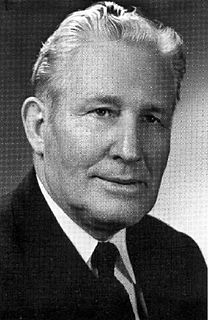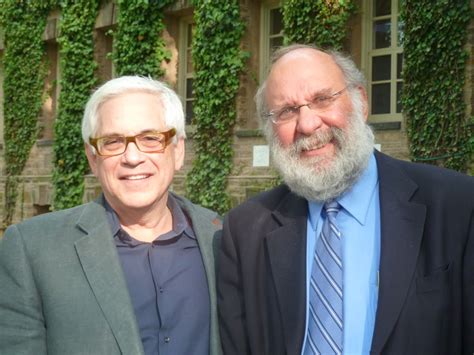A Quote by Theodore Roosevelt
Americanism means the virtues of courage, honor, justice, truth, sincerity, and hardihood - the virtues that made America.
Related Quotes
Strength, Courage, Mastery, and Honor are the alpha virtues of men all over the world. They are the fundamental virtues of men because without them, no 'higher' virtues can be entertained. You need to be alive to philosophize. You can add to these virtues and you can create rules and moral codes to govern them, but if you remove them from the equation altogether you aren't just leaving behind the virtues that are specific to men, you are abandoning the virtues that make civilization possible.
[Benjamin Franklin]identified thirteen virtues he wanted to cultivate--temperance, silence, order, resolution, frugality, industry, sincerity, justice, moderation, cleanliness, tranquility, chastity and humility--and made a chart with those virtues plotted against the days of the week. Each day, Franklin would score himself on whether he practiced those thirteen virtues.
Loyalty saves us from the self-advantaging compromising of important relations - such as friendship, marital and professional commitments, group memberships, and so on. But as the Aristotelians would put it, its expression requires phronesis - wisdom not to allow it to compromise other important virtues ,there is something to the ancient doctrine of the unity of the virtues. I believe that is true of all virtues, but especially of the executive virtues - such as industriousness, sincerity, conscientiousness, and courage - which may become detached from substantive goods.
It's a time when a lot of principle virtues are being tested. Do we still believe in the truth? Do we still believe in empathy? Do we still believe the protection of the weakest among us? These are yes or no questions, but the means of communication is all tied up with those virtues and you can't abandon those virtues as you pursue them.
Humility is the mother of all virtues: the humble in spirit progress and are blessed because they willingly submit to higher powers and try to live in harmony with natural laws and universal principles. Courage is the father of all virtues; we need great courage to lead our lives by correct principles and to have integrity in the moment of choice.
Seek the truth in all fields, and in that search you will need at least three virtues: courage, zest and modesty. The ancients put that thought in the form of a prayer. They said, “From the cowardice that shrinks from new truth, from the laziness that is content with half truth, from the arrogance that thinks it has all truth – O God of truth, deliver us.
Do not be troubled because you have not great virtues. God made a million spears of grass where He made one tree. The earth is fringed and carpeted, not with forests, but with grasses. Only have enough of little virtues and common fidelities, and you need not mourn because you are neither a hero or a saint.
...just as the edifice of all the virtues strives upward toward perfect prayer so will all these virtues be neither sturdy nor enduring unless they are drawn firmly together by the crown of prayer. This endless, unstirring calm of prayer... can neither be achieved nor consummated without these virtues. And likewise virtues are the prerequisite foundation of prayer and cannot be effected without it.
This is a major, wide-ranging, and comprehensive book. A philosophical investigation that is also a literary and historical study, Truth and Truthfulness asks how and why we have come to think of accuracy, sincerity, and authenticity as virtues. Bernard Williams' account of their emergence is as detailed and imaginative as his defense of their importance is spirited and provocative. Williams asks hard questions, and gives them straightforward and controversial answers. His book does not simply describe and advocate these virtues of truthfulness; it manifests them.

































